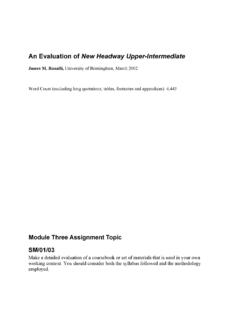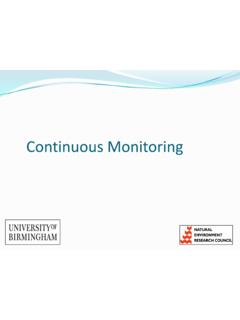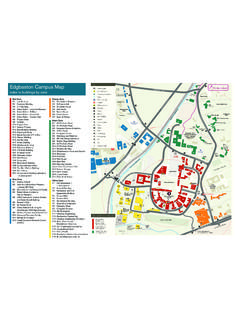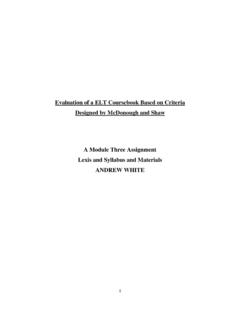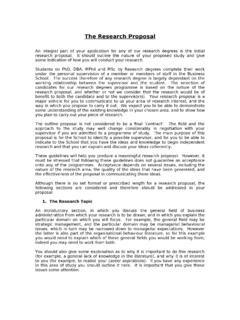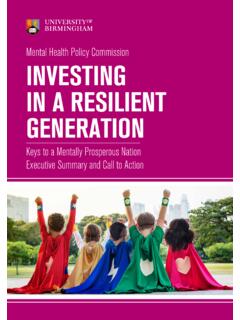Transcription of Briefing Paper An Introduction to Islamic Finance
1 Briefing Paper An Introduction to Islamic Finance The core model of Islamic banking in the 1970 s was for banks to act as intermediaries as they advanced investment deposits to entrepreneurs on the basis of profit-sharing. But today, commercial Islamic banks seek to engage more generally in a Western society where the dominant philsophy may not lay comfortably alongside mainstream interpretations of Islam. Islamic (or Sha riah-compliant) banking conforms to the Islamic judicial framework. According to mainstream Muslim teaching, it is important to safeguard wealth, where wealth benefits people; particularly if it helps people to fulfil the purpose of worshipping Allah.
2 Further, Islamic banking is based on two key principles. First, interest is banned on the basis of justice because Islam demands that debtors should be given extra time to pay on the basis of equity. Second, some goods are forbidden in Islam and so investing in such goods is also forbidden. This is reported in the Hadith by Ahmad and Abu Daoud "When Allah prohibits a thing, He prohibits (giving and receiving) the price of it as well." Forbidden goods include alcohol, swine, idol-related goods (eg statues), and more. The philosophy and characteristics of Islamic banking aim to make an equitable and just system of fiscal transfers.
3 Islamic banks are not able to earn a profit through charging interest and so must earn profit through a spread created in the transfer of ownership of money. Investment is limited to Halal goods and these can be economically unfavourable in western societies. This principle also therefore limits the markets that can be entered. Integration over time has meant that over 25 million Muslim people live in non- Islamic societies across the world. Non- Islamic states do not hold the Islamic judicial framework and so moral issues have risen in the financial sector. For example, to what extent can a Muslim family integrate (financially) into a non- Islamic state?
4 Should they form their own sub-societies, their own banks? The extent to which a Muslim individual can involve themselves within a non-Sha riah society is now a pressing problem because of the necessity of financial inclusion. Sha riah-compliant mortgages, loans and other financial products are necessary today, and do exist, but are often more expensive than mainstream products. This can, effectively, cause financial hardship among those practising Islam. Sha riah jurisdiction creates a dichotomy in modern day financial institutions as well, because interest free loans will be over-demanded and be more susceptible to default.
5 To overcome this, Islamic banks are highly risk averse and the liquidity ratio is increased. As a result, mortgage defaults in Britain s largest Islamic bank, Islamic Bank of Britain, are non-existent but the down-side to this is that the bank is so risk averse that even well-paid professionals have been refused mortgages. Conversley, unsecured loans have a higher default rate. This is partly because there is no collateral supporting the loan, and further, advantages are taken of the low rates. Developments in Islamic Finance are coming thick and fast. With specialist qualifications in Islamic Finance , specialised investment banks and heavy backing from the Middle East, this industry is growing rapidly.
6 Experts, like the CEO of the State Bank of India, say that consumer demand is slow. However, the estimated value of the potential market was valued at four-trllion dollars by an Iranian firm. Islamic Finance is an increasingly important part of the financial services sector. Sohaib Ahmad CHASM Intern BSc Student in Mathematical Economics and Statistics Year 2 July 2011
